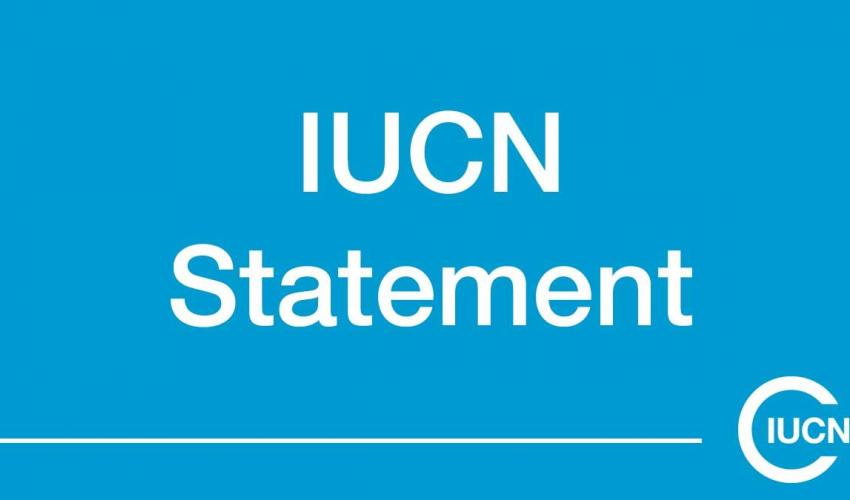Combating climate change and boosting growth are natural allies
Accelerated action on energy savings and the scrapping of fossil fuel subsidies are the two top actions needed to combat climate change and spur economic recovery, according to a survey released today.

Photo: Globescan
The findings of this survey of climate decision makers in the private, public and civil society sectors underline their overwhelming view that combating climate change is a pro-growth, pro-economic recovery policy.
Three-quarters (73 percent) of the 1,000 experts surveyed agree that “equitable economic growth and development and significant progress in combating climate change can be achieved at the same time”. Only 11 percent disagree.
The overall findings from professionals across 115 countries who make or influence climate decisions will be presented today in Poznan, Poland, at the UN Conference of the Parties to the Framework Convention on Climate Change.
The survey found that decision makers believe that the price of carbon must nearly triple to over $50 per tonne on average before their organizations will consistently implement climate-friendly decisions over more cost effective, but carbon-intensive options.
A key finding of last year’s Climate Decision Makers Survey revealed just how important decision makers view the protection of biodiversity and ecosystem integrity. This year’s updated poll reaffirms it. The majority (64 percent) of decision makers say that investing in biodiversity protection and creating new financial mechanisms (59 percent) as an incentive should be short-term climate priorities.
“This survey echoes the message we heard at IUCN’s World Conservation Congress in Barcelona,” says Julia Marton-Lefèvre, IUCN Director General. “We had 8,000 participants from 180 countries and the message they brought was clear; biodiversity underpins the well-being of human societies and their economies. We now have an understanding of the clear link between conservation and climate and that healthy ecosystems are the best defense against climate change.”
The survey was conducted during the past four weeks by researchers at GlobeScan with the support of the World Bank, the United Nations Environment Program (UNEP), the International Union for Conservation of Nature (IUCN), ICLEI Local Governments for Sustainability and the International Development Research Centre (IDRC), along with other contributing organizations.
“The fact that these decision makers across the world don’t see any inherent conflict between the economy and climate action certainly challenges the governments meeting in Poznan to move forward in spite of the current economic crisis,” says GlobeScan Chairman Doug Miller. “And they’re saying the price of carbon needs to be increased in order to stimulate action on the ground.”
“Combating climate change is the stimulus package needed to power the planet out of its current malaise and set the stage for a 21st century Green Economy – one that prizes resource efficiency, innovation and decent employment in developed and developing societies alike,” says Achim Steiner, UN Under-Secretary General and UNEP Executive Director.
The survey additionally asked hands-on decisions makers to rate 17 specific approaches to addressing climate change. Increasing energy conservation and efficiency (77 percent) rates as having the greatest potential impact on GHG emissions in the short term (rated “major” by 77 percent). Ranked second is the removal of subsidies for carbon-intensive activities (76 percent) – a clear signal to policy makers needing to free up budgets to fund fiscal stimulus measures.
When asked to evaluate the potential of different technologies to lower atmospheric carbon concentrations in the longer term (25 years), efficiency and conservation (88 percent) remain the most attractive among decision makers, well above nuclear energy (only 29 percent rate current nuclear technology highly), carbon capture and storage (29 percent on retrofits) and biofuels from food crops (only 12 percent). Clearly, these decision makers see energy efficiency as the “low-hanging fruit”.
“The development challenge is to accelerate or maintain robust economic growth in poorer countries while also dealing with the impacts of climate change,” says Katherine Sierra, World Bank Vice President for Sustainable Development. “The new global survey supports the view that developing countries will need support in terms of finance, as well as technology in the fight against climate change. The financial situation is no justification for postponing action on climate change. Climate change is not waiting, so we cannot wait either.”
In spite of their strong opinion that economic development and climate action are synergistic, a plurality (44 percent) expect that the current economic crisis will nonetheless hinder progress toward an effective international climate agreement.
The survey results provide guidance for negotiators in Poznan. A solid majority (66 percent) of those surveyed endorse the G8+5 GLOBE legislator’s 2008 Tokyo Framework for International Cooperation beyond 2012 as a model for negotiators at Poznan and Copenhagen. Support is strong for an inclusive, multifaceted, long-term yet flexible global agreement that acknowledges the value of ecosystem services.
Unlike public opinion polls, this survey focuses on the views of professionals in position to make or influence large decisions in government, the private sector and civil society. This focus, together with the survey’s large global sample and good balance of respondents across geographies and sectors, makes this survey unique.
For these and other survey results presented in Powerpoint, with methodological details, please visit: http://www.globescan.com/news_archives/cdms08/cdms_release_slides.ppt
For more information, please contact:
- Sarah Horsley, IUCN Media Relations Officer, m +41 79 528 3486, e sarah.horsley@iucn.org
- Eric Whan, Director of GlobeScan, m +1 416 500 6405, e eric.whan@GlobeScan.com
- Nick Nuttall, UNEP Spokesperson, m 41 79 596 57 37, e nick.nuttall@unep.org
- Robert Bisset, Senior Communucations Officer, World Bank, m +48 666 516 536, e rbisset@worldbank.org



